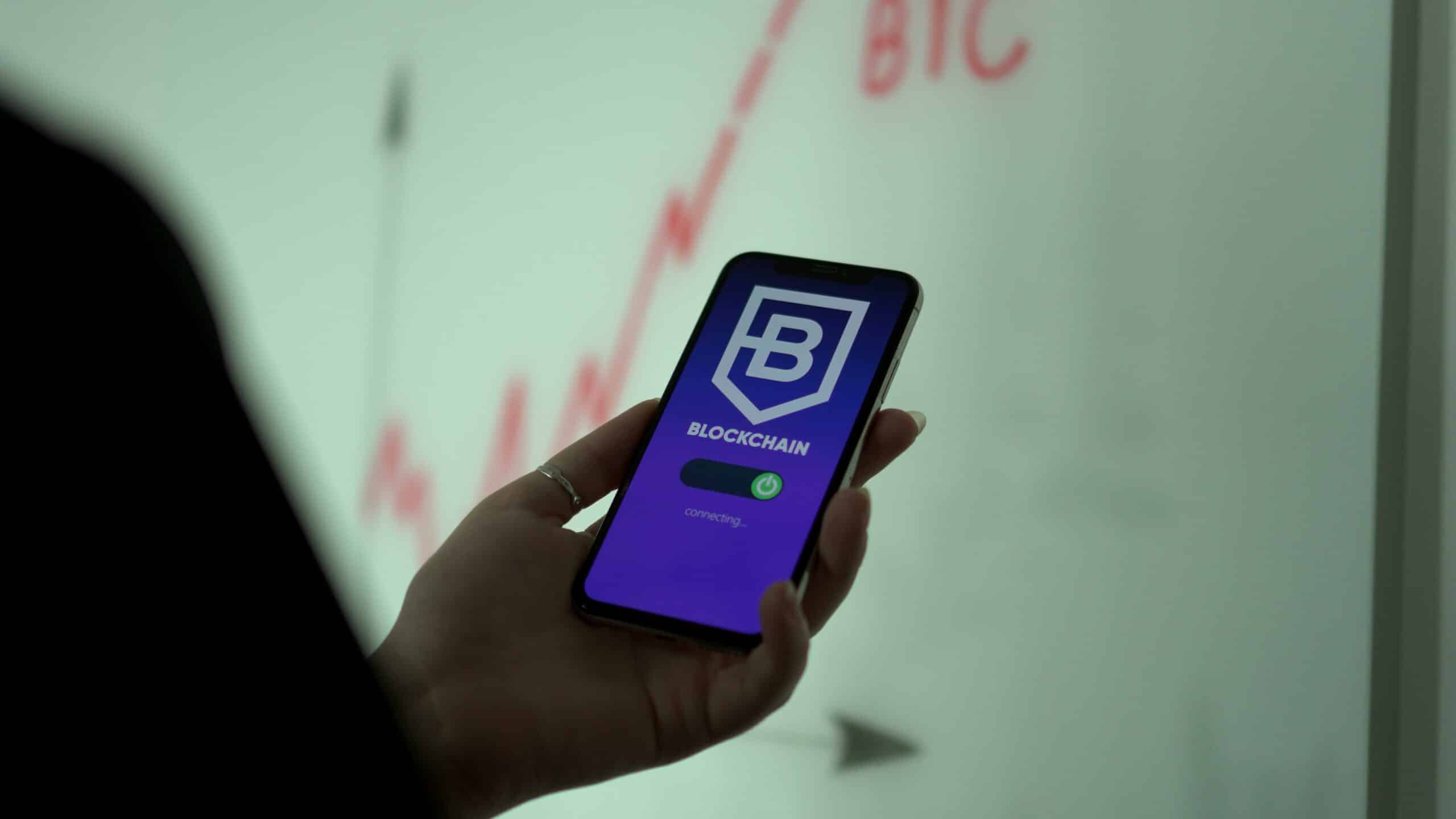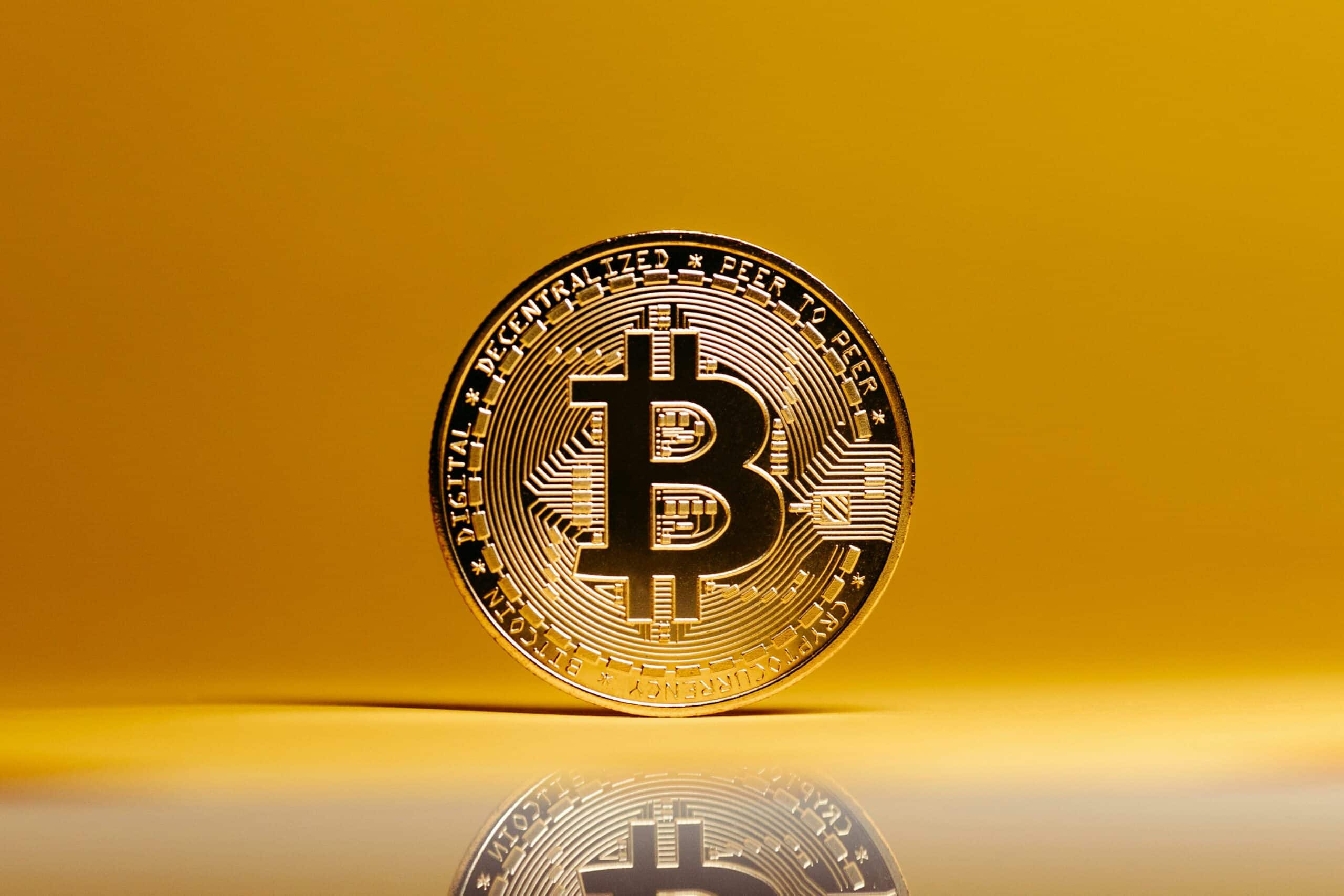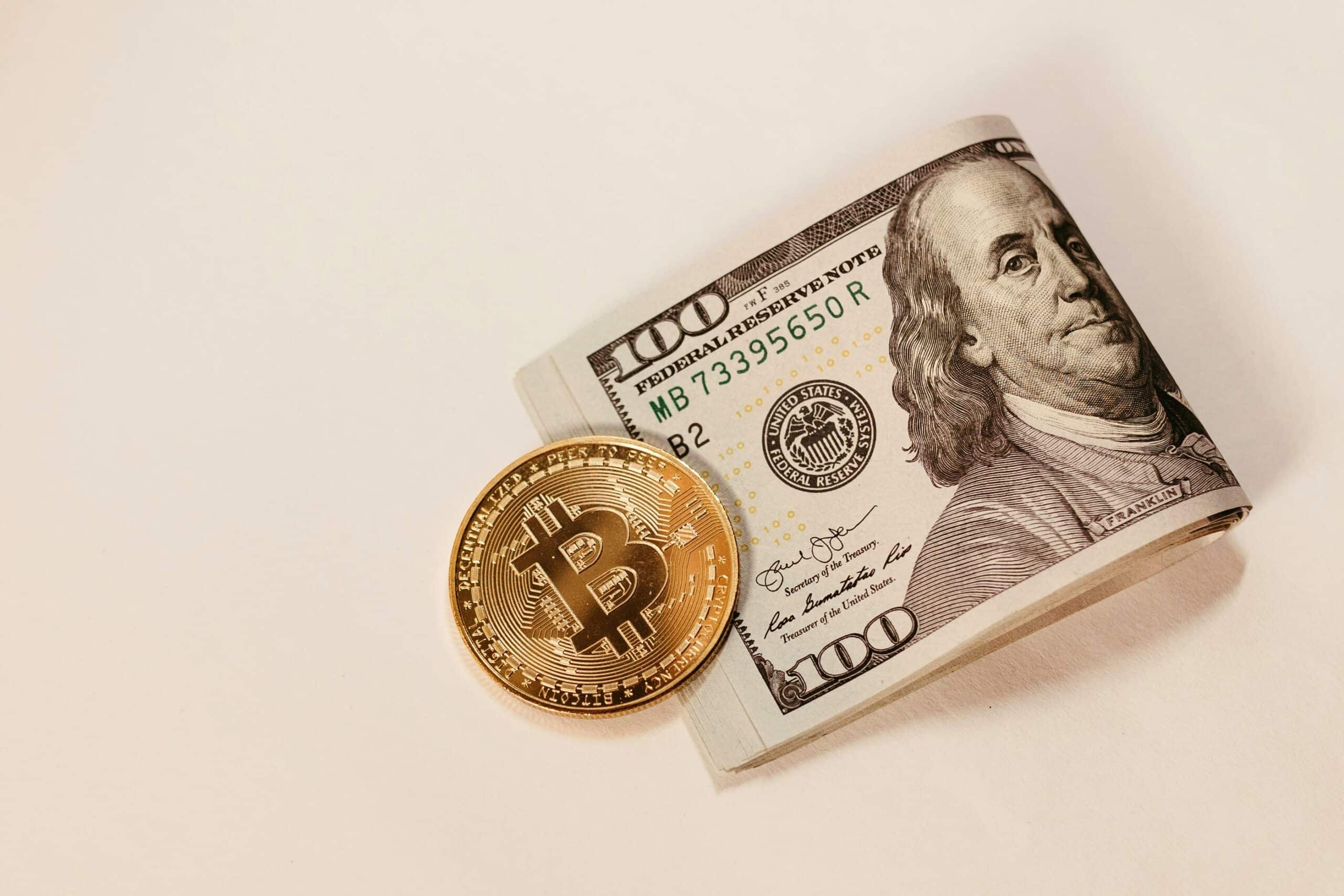Are you grappling with the decision of choosing between Kraken and Coinbase for your cryptocurrency trading in 2024? You’re not alone. These two platforms have emerged as prominent players in the crypto exchange world — each with its own set of strengths and offerings.
But how do they stack up against each other? In this article, we’ll take a deep dive into what Kraken and Coinbase bring to the table. We’ll dissect their features, compare their services, and provide you with the insights you need. Our goal is to help you make a choice that’s not just informed but perfectly tailored to your trading needs and aspirations.
Table of Contents
Kraken vs. Coinbase, In a Nutshell
| Feature |
 |
 |
|---|---|---|
| Trading Fees | Competitive, volume-based | Higher, fixed fees |
| Supported Cryptocurrencies | Wide range, including altcoins | Broad selection, mainstream focus |
| User Interface | Advanced, trader-centric | Simple, beginner-friendly |
| Mobile App Functionality | Full-featured, complex | User-friendly, streamlined |
| Staking Rewards | Available for multiple coins | Limited options |
| Deposit/Withdrawal Fees | Variable, generally low | Can be high, especially for small transactions |
| Customer Support | 24/7, responsive | Business hours, often slow |
| Geographic Availability | Global, with some restrictions | Primarily U.S., with international presence |
| Liquidity | High, suitable for large trades | Very high, consistent liquidity |
| Regulatory Compliance | Strict adherence, transparent | High compliance, U.S. focus |
| Account Types | Individual, business, institutional | Individual, business |
| Payment Methods | Wide range, including fiat and crypto | Bank, card, PayPal, crypto |
| Fiat Currency Support | Multiple currencies | Primarily USD, with other options |
| Advanced Trading Options | Futures, OTC, margin trading | Limited to basic and Coinbase Pro |
| User Community and Forums | Active community engagement | Less focus on community forums |
| Ease of Withdrawal | Straightforward, multiple options | User-friendly, some restrictions |
| KYC and Verification Process | Stringent, multi-tiered | Simplified, quick for basic use |
| Wallet Services | Secure, integrated wallet | Coinbase Wallet, separate app |
A Quick Overview: Kraken & Coinbase
Let’s take a step back and look at Kraken and Coinbase, not just as platforms, but as stories in the crypto world. Each has its own beginning, its own path, and its own set of goals.
Kraken’s Story: Security at Its Core
Kraken started back in 2011, founded by Jesse Powell. It was born in response to the infamous Mt. Gox hack, which shook the crypto world. Right from the start, Kraken put a heavy emphasis on security. This wasn’t just a feature; it was the foundation. Over the years, Kraken has grown. It’s not just about being secure anymore; it’s about offering a wide range of features and cryptocurrencies. It’s become a place for traders who want more options, depth, and control. Kraken’s goal has always been clear: to be a robust, secure platform for serious traders.
Coinbase: Making Crypto Easy for Everyone
Then there’s Coinbase, which came onto the scene in 2012. Founded by Brian Armstrong and Fred Ehrsam, Coinbase had a different focus. It was all about making cryptocurrency easy and accessible for everyone. And they’ve stuck to that. Coinbase is known for its simplicity. It’s the kind of place where you can jump in without feeling overwhelmed. Over time, they’ve added more coins and features, like educational resources, but the core idea remains the same: make crypto as easy as checking your email.
So, which one should you choose? Understanding where Kraken and Coinbase come from helps us see why they do things the way they do. Kraken is all about depth and security, catering to those who take their trading seriously. Coinbase, on the other hand, is about simplicity and accessibility, perfect for those just starting out. As we move into figuring out how to choose between them, remember these core differences. They’re key to finding which platform fits your needs, whether you’re a seasoned trader or just dipping your toes into the crypto waters.
Expert Opinion: Choosing Between Kraken and Coinbase

As we briefly mentioned, placing Kraken and Coinbase side by side reveals two distinct approaches within the cryptocurrency trading space. Each platform has developed its unique identity, catering to specific trader preferences and needs.
Kraken is a haven for traders who know their way around the crypto market. Its volume-based trading fees are a big win for anyone trading in large amounts — the more you trade, the less you pay. And when it comes to cryptocurrency options, Kraken’s list is impressive. It’s not just about having a variety of coins; it’s about providing opportunities for traders to diversify their portfolios.
But Kraken’s real standout feature is its security. We’re talking about a platform that takes the safety of your assets seriously. A significant chunk of its assets is tucked away in cold storage, out of reach from online threats. This, combined with a clean security track record, makes Kraken a top pick for anyone who puts safety first.
Coinbase, on the other hand, takes a different approach. It’s the friendly face of crypto trading, perfect for those just starting out. Yes, its fees are on the higher side, especially for smaller transactions, but what you get in return is simplicity. The interface is clean and straightforward, making it less intimidating for new traders.
Coinbase’s mobile app mirrors this simplicity, offering a smooth and user-friendly experience. And for those who want to learn as they go, Coinbase’s educational resources are invaluable. However, it’s worth noting that when you need help, Coinbase’s customer support might not be as quick off the mark as Kraken’s.
Security Comparison
Security is a big deal in the crypto world, and both Kraken and Coinbase take it seriously. Kraken really goes all out with its security setup. They’ve got a ton of their assets in cold storage, which means they’re not connected to the internet and are tougher for hackers to get to. This makes Kraken a solid choice if keeping your crypto safe is your top priority.
Coinbase also focuses heavily on security, but they add a bit of extra reassurance for their U.S. users with insurance on funds. This means there’s a safety net if something goes wrong on their end. However, if you’re really into the nitty-gritty of security and want all the advanced features, Kraken might have the edge.
Fee Structure Analysis
Let’s talk about fees because they can really impact how much you end up making (or losing) in crypto trading. Kraken’s fees are pretty competitive, and the more you trade, the less you pay. This is great if you’re trading large volumes.
Coinbase, on the other hand, keeps its fee structure simple but higher. This can add up, especially if you’re making lots of small trades. So, if you’re trading a lot or just starting out with smaller amounts, those fees can take a bigger bite out of your profits than you might like.
User Experience and Support
User experience is all about how easy and comfortable it is to use the platform. Kraken offers a more complex setup with lots of tools and features. It’s great if you’ve got some experience and know what you’re doing.
Coinbase is more about keeping things simple and easy, especially for those who are new to crypto trading. It’s straightforward and user-friendly. And, when it comes to getting help, Kraken’s 24/7 support is pretty responsive, which is something to think about if you want help right when you need it.
Special Features and Unique Offerings
Both Kraken and Coinbase have their own special features. Kraken offers margin trading and access to Cryptowatch, which is perfect for traders who want to do some serious market analysis. These tools can give you an edge if you’re looking to make more advanced trades.
Coinbase, while it might not have as many features for the pros, really focuses on helping beginners learn with Coinbase Earn. It’s a great way to get started and learn more about how crypto trading works as you go.
Key Takeaways
Choosing between Kraken and Coinbase in 2024 really boils down to what you’re looking for and where you are in your crypto trading journey. Let’s break it down:
Kraken: A Match for the Pros
Kraken is great for those who already know their way around crypto trading. It’s got all the advanced features you’d expect, plus competitive fees. And if security is your top concern, Kraken’s got you covered with some serious safety measures. In short, Kraken is worth a look if you’re all about diving deep into crypto trading and want a platform that keeps your assets safe.
Coinbase: Keeping It Simple for Starters
If you’re just stepping into the world of crypto, Coinbase is like a friendly guide. It’s easy to use, and they’ve got plenty of resources to help you learn the ropes. It’s all about making crypto trading straightforward and stress-free. So, if you’re after a platform that’s easy to navigate and great for getting started, Coinbase is the way to go.
Staying Informed: Your Key to Smart Trading
The world of crypto is in constant flux, so staying in the know is crucial. The market’s always changing, and what works today might not be the best choice tomorrow. Keeping up with the latest trends and insights is extremely important.
For more in-depth analysis and the latest updates, head over to the Crypto Bookworm Blog. It’s packed with expert opinions and all the info you need to stay on top of your crypto game. Whether you’re leaning towards Kraken’s top-notch security or Coinbase’s beginner-friendly approach, our blog has got you covered. Swing by for all the insights you need to make a well-informed decision that suits your trading style and goals.














